AIRPORT QUARANTINE FACILITIES IN SHORT SUPPLY
입력 2020.03.20 (15:06)
수정 2020.03.20 (16:47)
읽어주기 기능은 크롬기반의
브라우저에서만 사용하실 수 있습니다.
[Anchor Lead]
A growing number of coronavirus infections in Korea are brought from overseas in recent days, and more and more passengers arriving in Korea are reporting symptoms, but airport quarantine facilities are in short supply. Many also point out that health authorities are not handling the situation properly.
[Pkg]
Passengers wearing face masks stand in line to undergo airport quarantine screening. Some six thousand people who arrived at Incheon on Thursday underwent special screening procedures, such as temperature checks, and installed self-quarantine apps on their mobile phones. However, the number of passengers reporting fever and other symptoms has risen sharply in recent days. On March 17 alone, around 360 people, or nearly 20 percent of all arriving passengers, had these symptoms. The numbers are expected to surge further as all inbound passengers are now subject to intensive airport screenings. But there are only 100 quarantine rooms at the airport, which is not enough to accommodate everyone with symptoms. Only some 840 passengers have been temporarily quarantined at the airport since early last month. Some passengers with fever who were allowed to go home after their specimens had been collected, were diagnosed with COVID-19 later.
[Soundbite] KIM SANG-HEE(INCHEON INTERNATIONAL AIRPORT) : "Those who can drive home in their personal vehicles are allowed to leave and self-quarantine after having their specimens collected."
When it comes to asymptomatic passengers, detecting infections is virtually impossible.
[Soundbite] KIM WOO-JOO(PROF., KOREA UNIVERSITY GURO HOSPITAL) : "Body temperature may not be high when passengers pass by thermal imaging cameras at the airport. Because the incubation period is up to 14 days, many passengers pass as being asymptomatic at the time."
Self-quarantine is not mandatory for those arriving from overseas. Moreover, health authorities can only detect infected cases when people with travel history self-report via mobile apps.
[Soundbite] LEE SOO-JUNG(ARRIVED FROM EUROPE) : "You can just press "No" on the app and nobody will know. I don't think it's a reliable system."
This week alone, 17 people from abroad were confirmed to have the virus. Health authorities are urging those returning to Korea from Europe and the U.S. to self-quarantine thoroughly for 14 days.
A growing number of coronavirus infections in Korea are brought from overseas in recent days, and more and more passengers arriving in Korea are reporting symptoms, but airport quarantine facilities are in short supply. Many also point out that health authorities are not handling the situation properly.
[Pkg]
Passengers wearing face masks stand in line to undergo airport quarantine screening. Some six thousand people who arrived at Incheon on Thursday underwent special screening procedures, such as temperature checks, and installed self-quarantine apps on their mobile phones. However, the number of passengers reporting fever and other symptoms has risen sharply in recent days. On March 17 alone, around 360 people, or nearly 20 percent of all arriving passengers, had these symptoms. The numbers are expected to surge further as all inbound passengers are now subject to intensive airport screenings. But there are only 100 quarantine rooms at the airport, which is not enough to accommodate everyone with symptoms. Only some 840 passengers have been temporarily quarantined at the airport since early last month. Some passengers with fever who were allowed to go home after their specimens had been collected, were diagnosed with COVID-19 later.
[Soundbite] KIM SANG-HEE(INCHEON INTERNATIONAL AIRPORT) : "Those who can drive home in their personal vehicles are allowed to leave and self-quarantine after having their specimens collected."
When it comes to asymptomatic passengers, detecting infections is virtually impossible.
[Soundbite] KIM WOO-JOO(PROF., KOREA UNIVERSITY GURO HOSPITAL) : "Body temperature may not be high when passengers pass by thermal imaging cameras at the airport. Because the incubation period is up to 14 days, many passengers pass as being asymptomatic at the time."
Self-quarantine is not mandatory for those arriving from overseas. Moreover, health authorities can only detect infected cases when people with travel history self-report via mobile apps.
[Soundbite] LEE SOO-JUNG(ARRIVED FROM EUROPE) : "You can just press "No" on the app and nobody will know. I don't think it's a reliable system."
This week alone, 17 people from abroad were confirmed to have the virus. Health authorities are urging those returning to Korea from Europe and the U.S. to self-quarantine thoroughly for 14 days.
■ 제보하기
▷ 카카오톡 : 'KBS제보' 검색, 채널 추가
▷ 전화 : 02-781-1234, 4444
▷ 이메일 : kbs1234@kbs.co.kr
▷ 유튜브, 네이버, 카카오에서도 KBS뉴스를 구독해주세요!
- AIRPORT QUARANTINE FACILITIES IN SHORT SUPPLY
-
- 입력 2020-03-20 15:08:12
- 수정2020-03-20 16:47:18
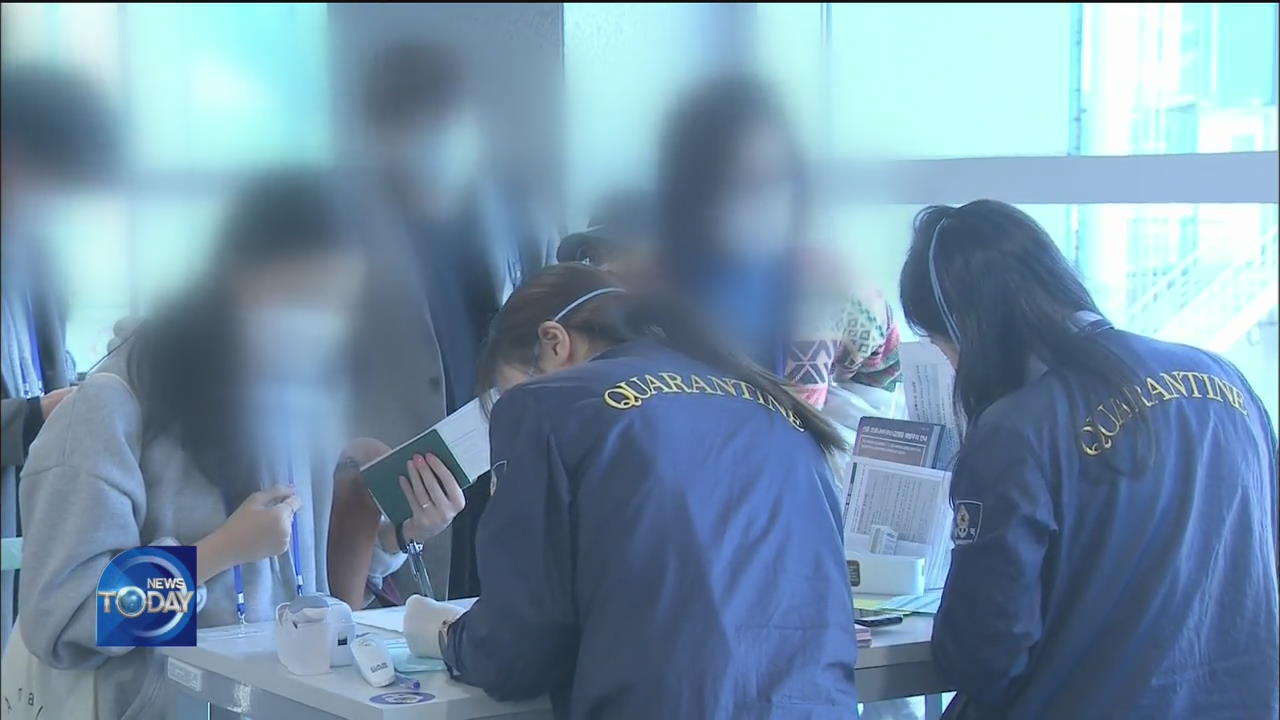
[Anchor Lead]
A growing number of coronavirus infections in Korea are brought from overseas in recent days, and more and more passengers arriving in Korea are reporting symptoms, but airport quarantine facilities are in short supply. Many also point out that health authorities are not handling the situation properly.
[Pkg]
Passengers wearing face masks stand in line to undergo airport quarantine screening. Some six thousand people who arrived at Incheon on Thursday underwent special screening procedures, such as temperature checks, and installed self-quarantine apps on their mobile phones. However, the number of passengers reporting fever and other symptoms has risen sharply in recent days. On March 17 alone, around 360 people, or nearly 20 percent of all arriving passengers, had these symptoms. The numbers are expected to surge further as all inbound passengers are now subject to intensive airport screenings. But there are only 100 quarantine rooms at the airport, which is not enough to accommodate everyone with symptoms. Only some 840 passengers have been temporarily quarantined at the airport since early last month. Some passengers with fever who were allowed to go home after their specimens had been collected, were diagnosed with COVID-19 later.
[Soundbite] KIM SANG-HEE(INCHEON INTERNATIONAL AIRPORT) : "Those who can drive home in their personal vehicles are allowed to leave and self-quarantine after having their specimens collected."
When it comes to asymptomatic passengers, detecting infections is virtually impossible.
[Soundbite] KIM WOO-JOO(PROF., KOREA UNIVERSITY GURO HOSPITAL) : "Body temperature may not be high when passengers pass by thermal imaging cameras at the airport. Because the incubation period is up to 14 days, many passengers pass as being asymptomatic at the time."
Self-quarantine is not mandatory for those arriving from overseas. Moreover, health authorities can only detect infected cases when people with travel history self-report via mobile apps.
[Soundbite] LEE SOO-JUNG(ARRIVED FROM EUROPE) : "You can just press "No" on the app and nobody will know. I don't think it's a reliable system."
This week alone, 17 people from abroad were confirmed to have the virus. Health authorities are urging those returning to Korea from Europe and the U.S. to self-quarantine thoroughly for 14 days.
A growing number of coronavirus infections in Korea are brought from overseas in recent days, and more and more passengers arriving in Korea are reporting symptoms, but airport quarantine facilities are in short supply. Many also point out that health authorities are not handling the situation properly.
[Pkg]
Passengers wearing face masks stand in line to undergo airport quarantine screening. Some six thousand people who arrived at Incheon on Thursday underwent special screening procedures, such as temperature checks, and installed self-quarantine apps on their mobile phones. However, the number of passengers reporting fever and other symptoms has risen sharply in recent days. On March 17 alone, around 360 people, or nearly 20 percent of all arriving passengers, had these symptoms. The numbers are expected to surge further as all inbound passengers are now subject to intensive airport screenings. But there are only 100 quarantine rooms at the airport, which is not enough to accommodate everyone with symptoms. Only some 840 passengers have been temporarily quarantined at the airport since early last month. Some passengers with fever who were allowed to go home after their specimens had been collected, were diagnosed with COVID-19 later.
[Soundbite] KIM SANG-HEE(INCHEON INTERNATIONAL AIRPORT) : "Those who can drive home in their personal vehicles are allowed to leave and self-quarantine after having their specimens collected."
When it comes to asymptomatic passengers, detecting infections is virtually impossible.
[Soundbite] KIM WOO-JOO(PROF., KOREA UNIVERSITY GURO HOSPITAL) : "Body temperature may not be high when passengers pass by thermal imaging cameras at the airport. Because the incubation period is up to 14 days, many passengers pass as being asymptomatic at the time."
Self-quarantine is not mandatory for those arriving from overseas. Moreover, health authorities can only detect infected cases when people with travel history self-report via mobile apps.
[Soundbite] LEE SOO-JUNG(ARRIVED FROM EUROPE) : "You can just press "No" on the app and nobody will know. I don't think it's a reliable system."
This week alone, 17 people from abroad were confirmed to have the virus. Health authorities are urging those returning to Korea from Europe and the U.S. to self-quarantine thoroughly for 14 days.
이 기사가 좋으셨다면
-
좋아요
0
-
응원해요
0
-
후속 원해요
0










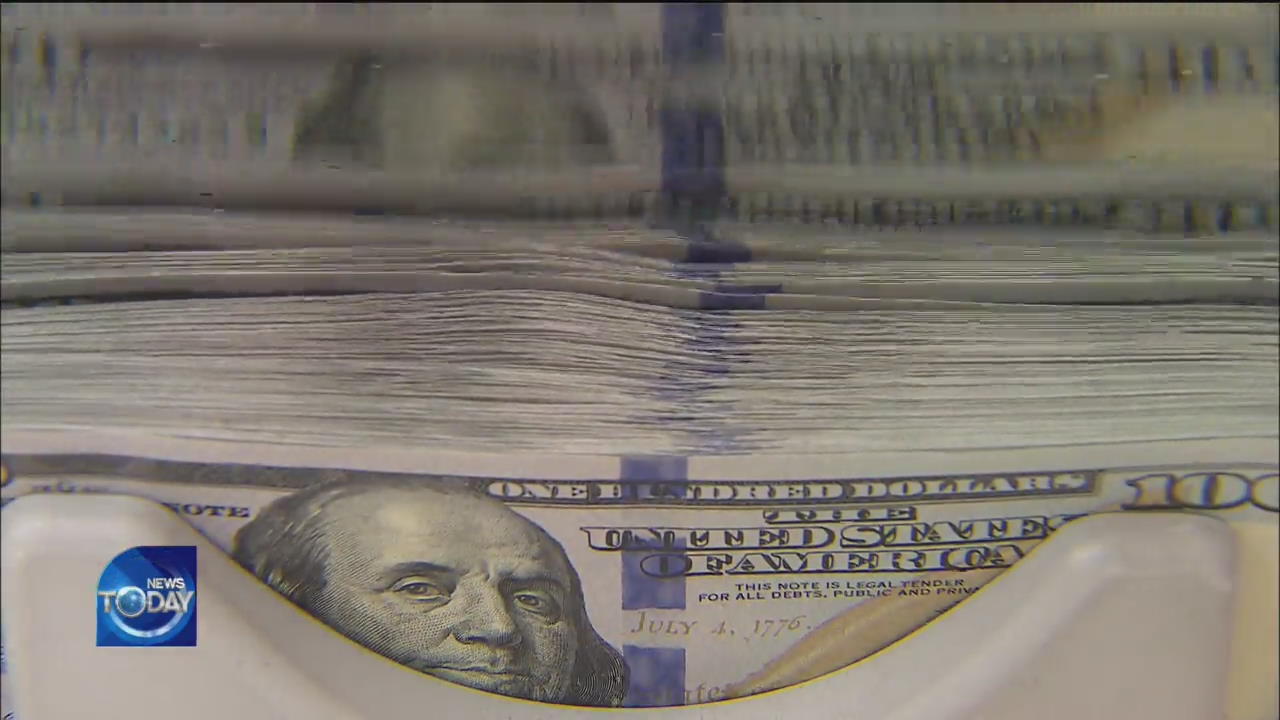
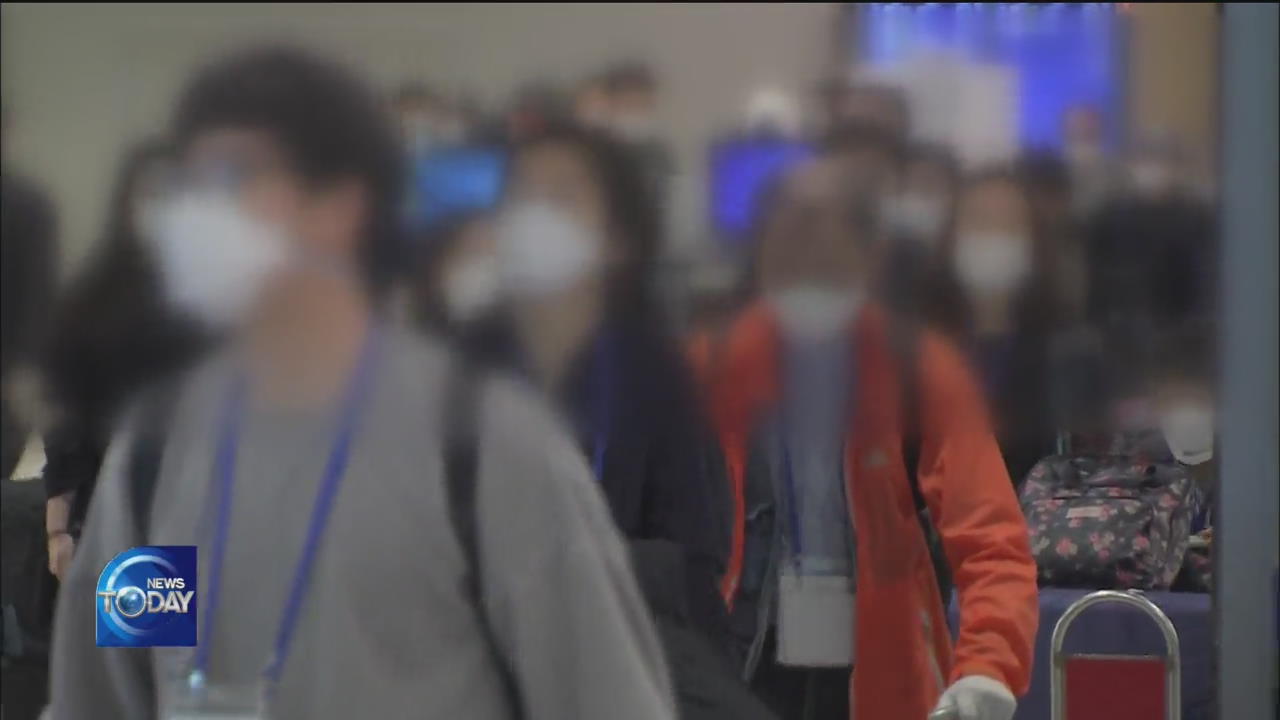
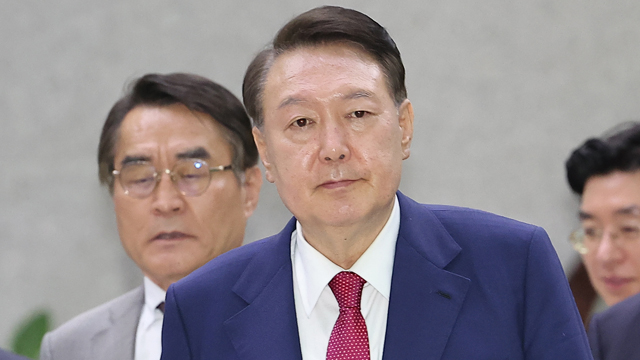
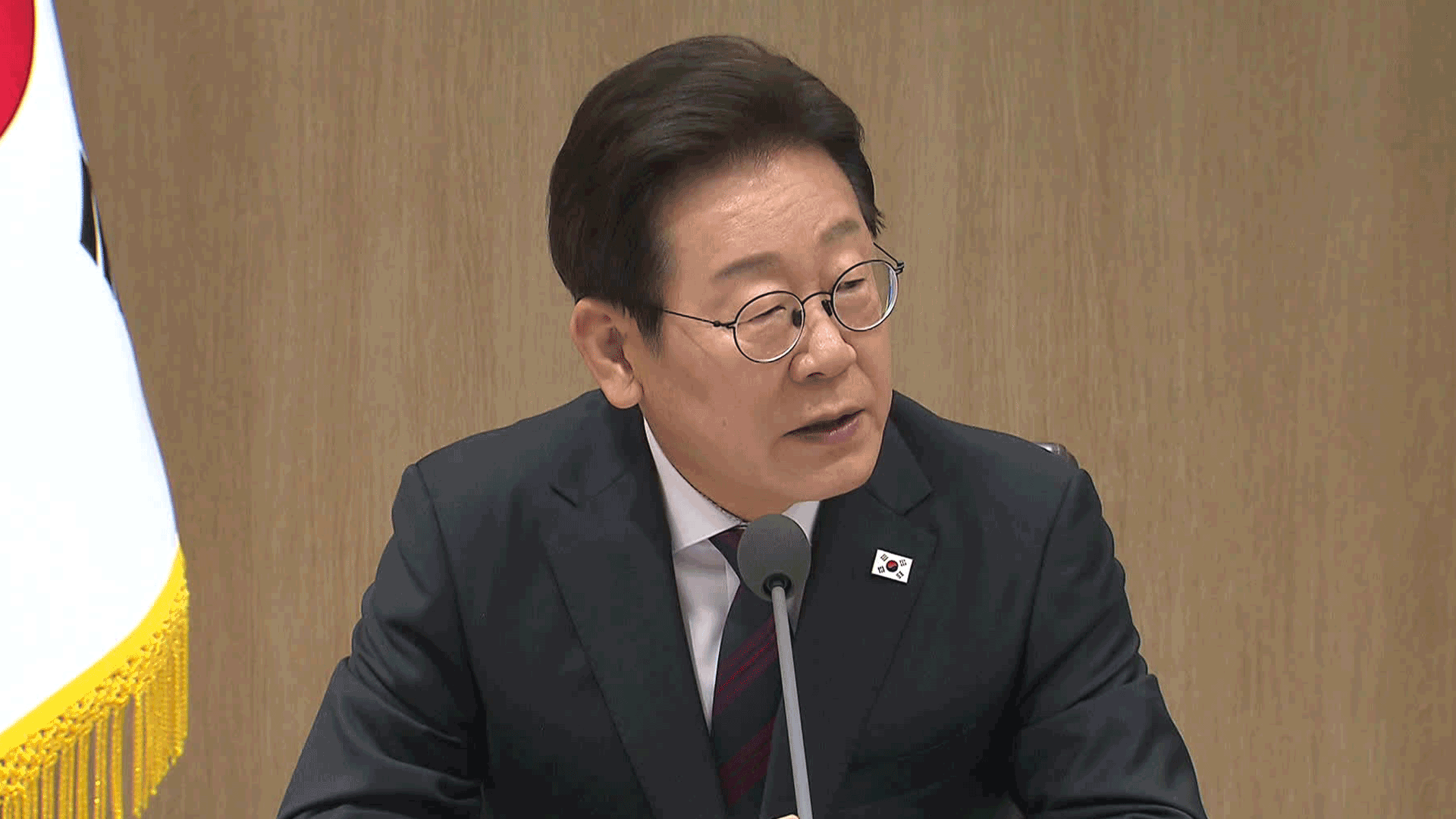
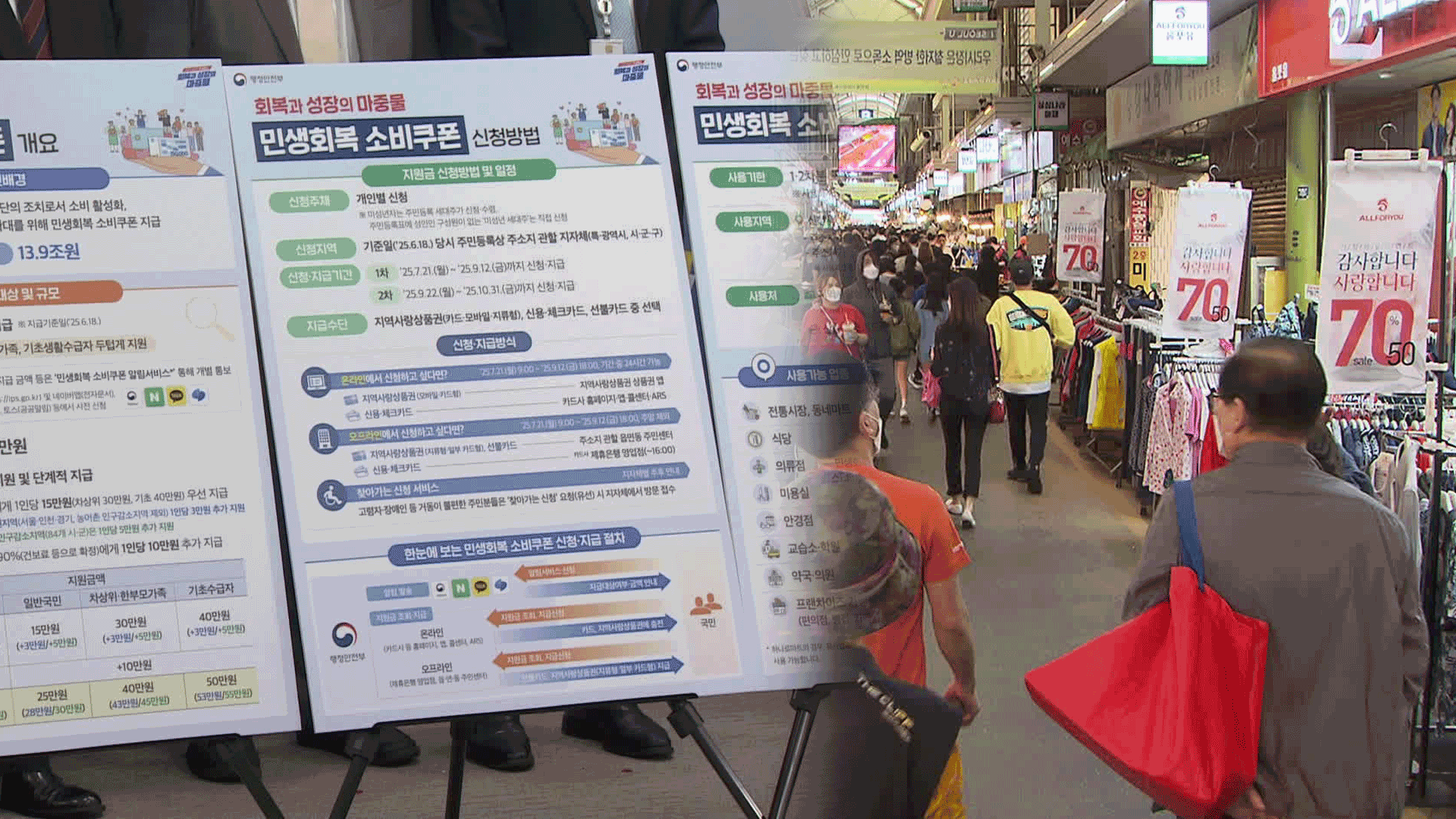
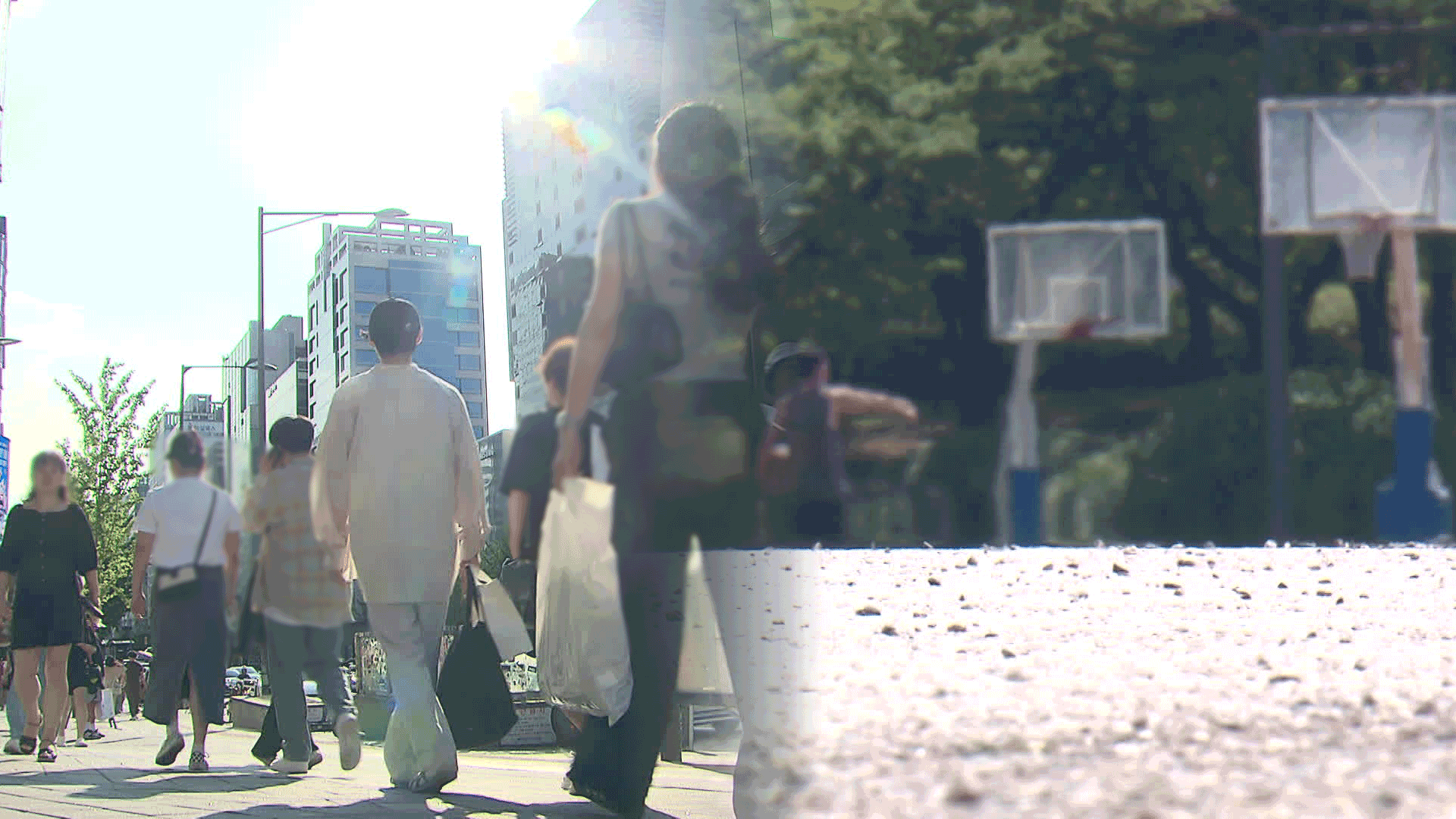

이 기사에 대한 의견을 남겨주세요.